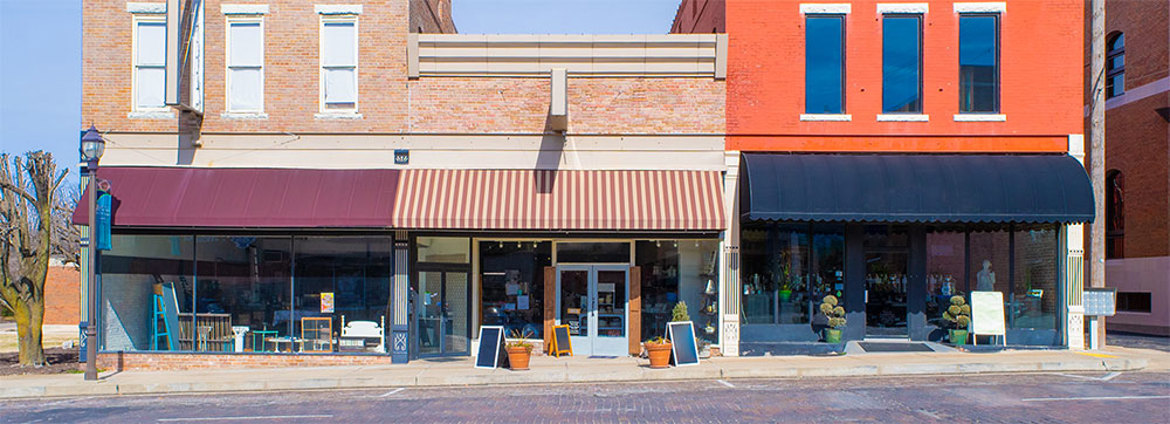The Government has released further guidance on its arbitrating commercial lease disputes proposal in the form of a Cabinet minute dated 3 June 2020 (the Cabinet Minute).
The Cabinet Minute records the Government’s intention to introduce legislation that will:
- Amend the Property Law Act 2007 to imply a ‘fair proportion’ rent abatement clause in eligible leases
- Require that disputes in relation to the implied clause be resolved by way of arbitration
- Provide a subsidy for any subsequent arbitrations required as a result of the implied clause.
Comment
The Cabinet Minute is only an outline of the intended regime and further detail will be required on a number of points. In addition to the need for further development and clarification in relation to key terms such as 'full-time equivalent staff' and ‘New Zealand-based’, the Cabinet Minute does not discuss:
- How the regime will interface with leases which explicitly vary the standard ‘no access in emergency’ provisions (either by striking out the relevant provisions or introducing bespoke drafting) although it appears that the Government intends to cover these in this regime
- How the parties are to assess the materiality of the COVID-19 impact - the Cabinet Minute indicates this may be included in the legislation and, in our view, it should be
- The degree to which the arbitration process and outcomes will be public - we note that, while arbitration is typically a private process, the fact that there is a public funding element here and a significant public interest in the initial decisions under this regime, means that there is an argument that the Government should ensure that there is increased visibility in relation to these initial decisions.
Eligibility and application
The Cabinet Minute proposes that, to be eligible for inclusion in the regime, a business must:
- Have 20 or fewer full-time equivalent staff per lease site (noting that the definition of full-time staff is still to be confirmed)
- Be New Zealand based (again, noting that the definition and application of New Zealand based is still to be developed and confirmed)
- Have not come to an agreement for a rent abatement with its landlord.
The Cabinet Minute proposes that the legislation enacting the implied term apply retrospectively from the date of the Cabinet Minute (ie 3 June 2020) and continue for a period of six months.
Implied term and assessing a fair proportion
While the exact wording of the implied term has not been finalised, the Cabinet Minute suggests that it should be similar in nature and formulation to the ‘no access in emergency’ provision in the current Auckland District Law Society form of Deed of Lease (refer clause 27.5). The Cabinet Minute also suggests that the clause should require that there has been a material negative impact on the tenant’s business due to COVID-19, irrespective of whether or not the tenant is able to access the premises.
The Cabinet Minute proposes that any legislation enacting the implied term clarify how the parties should determine a fair proportion and recommends that the fundamental consideration be the respective financial positions of the landlord, tenant and any other relevant parties including:
- The impact of the COVID-19 restrictions on the business, including the impact of restrictions that are no longer in place
- Any mortgage obligations relevant to the leased premises
- Any financial support available to them
- Their revenue and profit levels in recent years
- Their ability to survive financially the effects of official requirements to counter an outbreak of COVID-19
- Any difference in size and resources between the landlord, the tenant, and any other relevant party
- Any other factor that is reasonably relevant.
Arbitration
The Cabinet Minute proposes that the arbitration framework under the Arbitration Act 1996 would apply to disputes in relation to the implied clause. In an effort to promote access to timely and affordable arbitration, the Cabinet Minute proposes that the Government provide funding to eligible parties, in the form of a subsidy of $6,000 (plus GST). Landlords and tenants will only be eligible to the extent one of the parties involved is a small or medium business.












